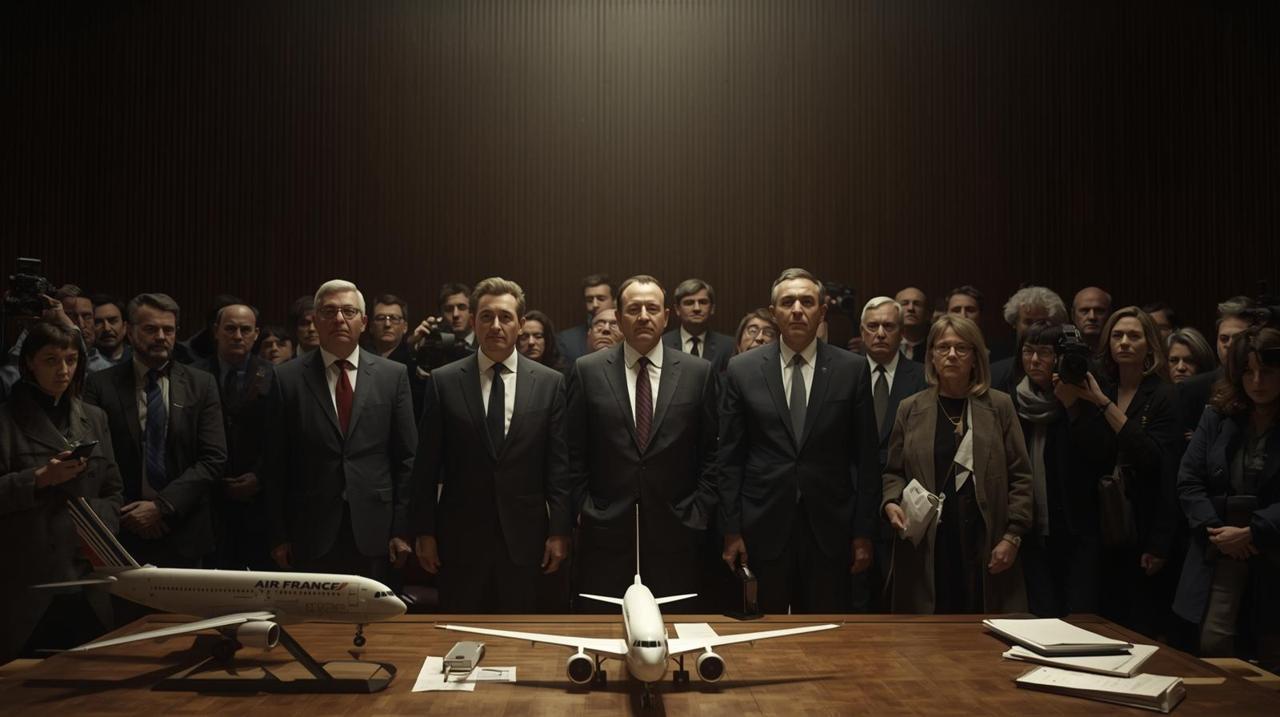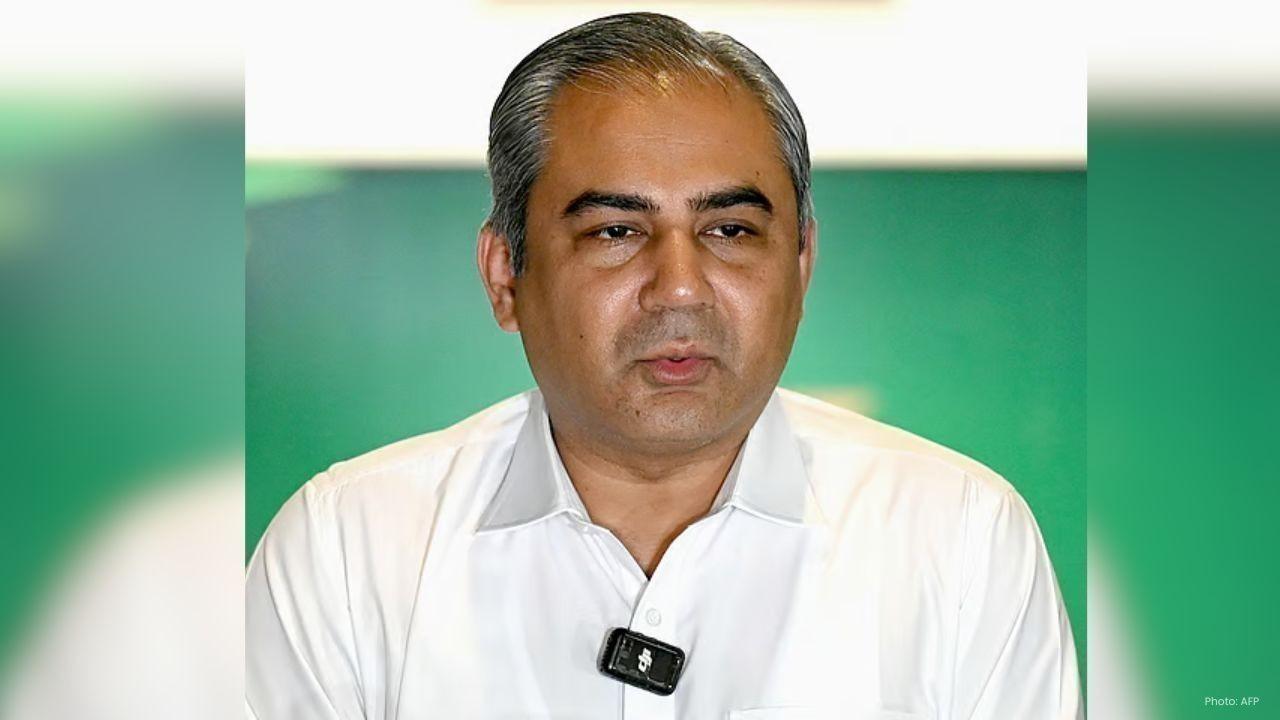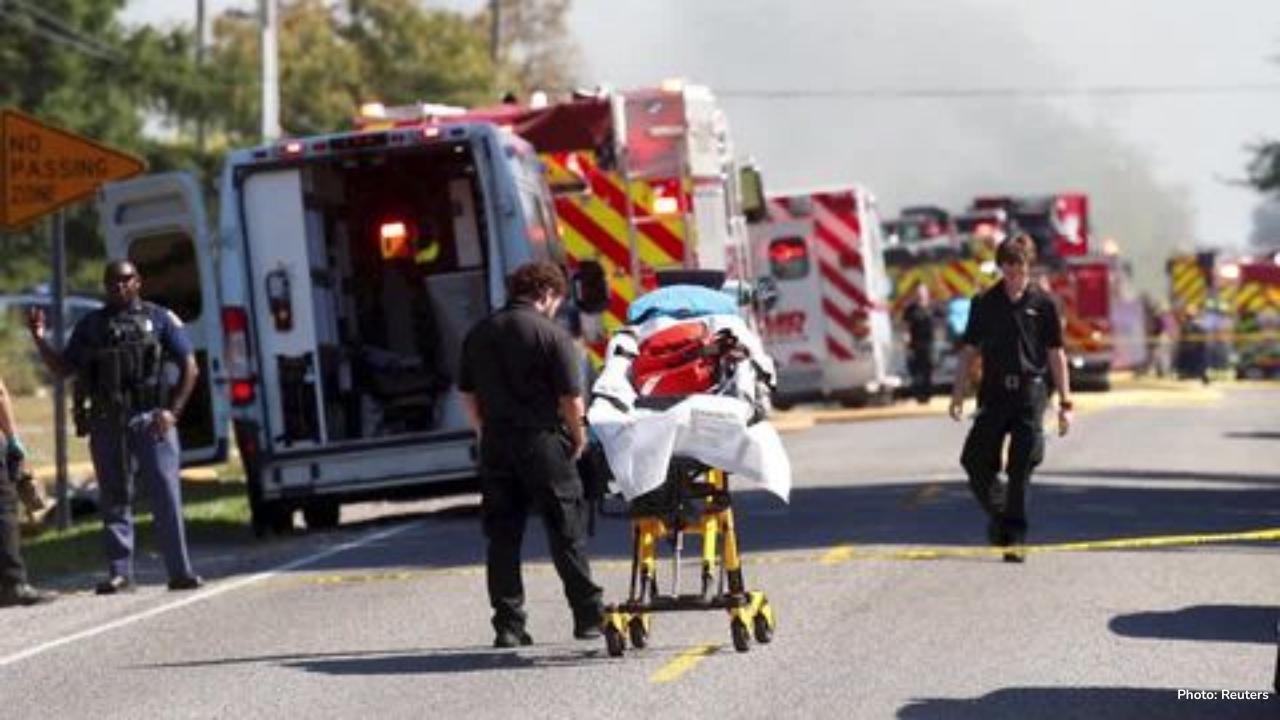
Post by : Shivani
Sixteen years after one of aviation’s deadliest disasters, the long-awaited trial over the crash of Air France Flight 447 has officially begun. The proceedings place both Air France and Airbus under scrutiny, as the court examines their role in the loss of 228 lives when the Airbus A330 vanished over the Atlantic Ocean on June 1, 2009.
The ill-fated flight departed Rio de Janeiro en route to Paris before disappearing from radar mid-journey. Days later, wreckage confirmed the tragedy, marking a devastating moment in modern aviation history. Investigations revealed that pitot tubes, critical instruments used to measure airspeed, had iced over, producing unreliable readings. The confusion led the aircraft into a fatal stall that the pilots could not recover from.
The crash reshaped global aviation safety standards, prompting mandatory pitot tube replacements and stronger pilot training for high-altitude stall recovery. These reforms became a cornerstone of modern flight safety protocols.
The Paris courtroom now faces the difficult task of assigning accountability. Both Air France and Airbus stand accused of involuntary manslaughter. Prosecutors argue that Air France failed to adequately prepare its pilots for such scenarios, while Airbus allegedly ignored warnings about recurring pitot tube malfunctions.
Defense lawyers counter that the accident resulted from unforeseeable events and not corporate negligence. Yet, evidence shows Airbus had received reports of pitot failures prior to the crash, raising questions about whether corrective action came too late.
For the families of the 228 victims, this trial is more than legal proceedings—it represents a 16-year pursuit of justice. Many relatives have spent years demanding answers, believing both companies failed in their duty to protect passengers.
Expert witnesses are expected to play a crucial role, explaining how technical issues and pilot training deficiencies intersected to cause the disaster. Their testimony could heavily influence the verdict.
The Air France Flight 447 trial has reignited public debate about aviation accountability. Following the crash, airlines worldwide adopted safer equipment and enhanced training programs. Regulators also imposed stricter rules on cockpit communication and emergency procedures.
If found guilty, both Air France and Airbus could face significant fines and reputational setbacks. More importantly, the trial may set a legal precedent on how airlines and manufacturers are held responsible in future aviation accidents.
Regardless of the final ruling, the trial underscores the aviation industry’s ongoing need for vigilance. From better equipment reliability to robust pilot preparation, the tragedy of Flight 447 continues to shape safety culture in global air travel.
As the courtroom battle unfolds, the world watches closely—not only for justice for the victims’ families but also for the lessons that could define safer skies for decades to come.
#AirFrance #AviationSafety #Flight447 #Airbus #AviationNews #AirTravel #PilotTraining #AviationIndustry










Sinner & Swiatek Shine at China Open: Semifinal Spots Secured
Jannik Sinner and Iga Swiatek advance to the semifinals at the China Open. Read about their victori

Michigan church attack kills 4, injures 8 in shocking violence
A gunman drove into a Michigan church, fired shots, set fire, killing 4 and injuring 8 before police

Moldova’s Pro-EU Party Secures Majority in Key Vote
Moldova’s pro-European PAS wins a strong majority in the parliamentary election, weakening pro-Russi

Gabriel’s late header gives Arsenal 2-1 win at Newcastle
Arsenal snatch dramatic 2-1 win at Newcastle as Gabriel heads the winner in stoppage time; Merino eq

Air France Flight 447 Trial Opens 16 Years After Tragic Crash
Sixteen years after the Air France Flight 447 crash, a trial opens against Air France and Airbus. Le

Europe close to Ryder Cup win after strong weekend play
Team Europe is on the verge of winning the Ryder Cup, showing great form in Italy and needing only a